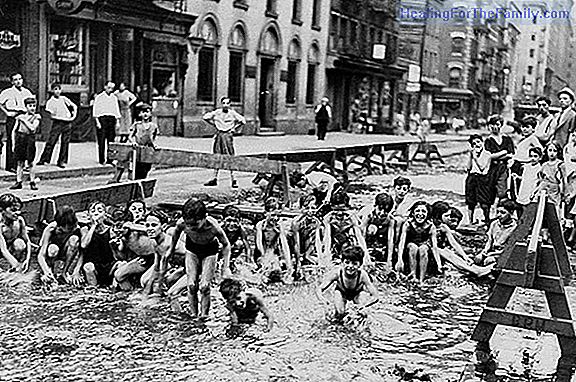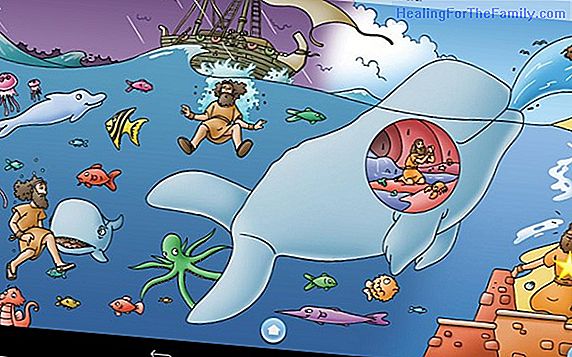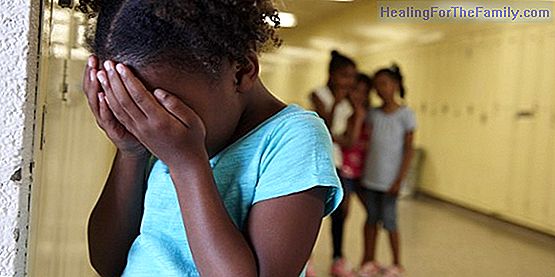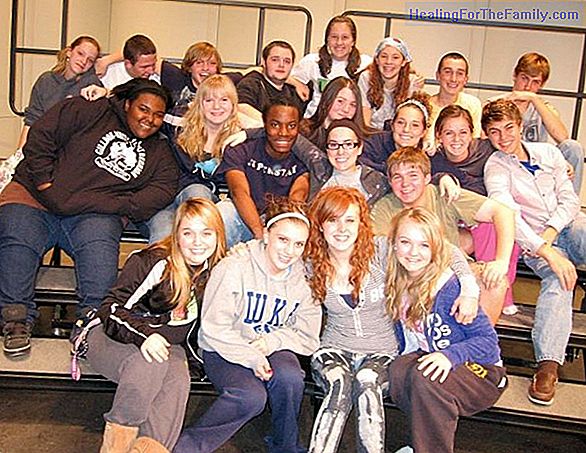10 Myths when choosing schools for children
The decision to be parents is the first of many choices that future students will have to make in this wonderful challenge of having children. After deciding the name and the way to reconcile the work with the family, other important decisions in the education and development of the children arrive:
The decision to be parents is the first of many choices that future students will have to make in this wonderful challenge of having children. After deciding the name and the way to reconcile the work with the family, other important decisions in the education and development of the children arrive: the choice of school.
The best school for children
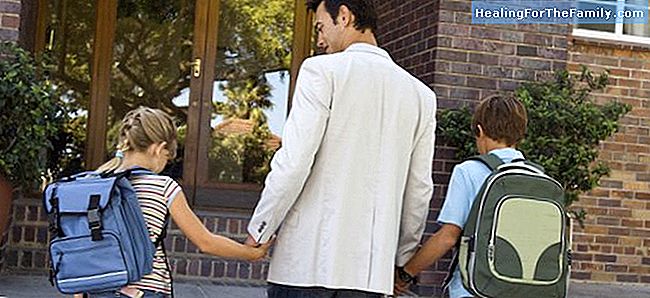
Choosing the school that children will go to is a topic that can cause anxiety in many parents, since children's education, in large part, is also determined by the school in which children will study. Thinking about it, a group fromColegio Brains, led by its director, Elvira López, carried out a study on the difficulties that parents have in order to assess, determine and decide which school they will take their children to, and identified 10 myths presented when choosing the school:
1- The educational model is the same in all schools. False.Each school has its own educational project. A good educational project must be flexible and prepare students adequately for the new challenges they will have to face during the school period. It is important that the school has the necessary technology and resources, and that it presents the introduction of innovations for at least the last 3 years.
2- Teachers are the same in all schools. False.A good teacher is the one that motivates the interest of the children and the one who gives life to an educational project and makes it a reality. It is important to know how the school takes care of the election of its teaching staff and what guarantees it presents of its qualification and qualification.
3- The number of teachers per classroom does not matter. False. Each student requires a personalized attention time, especially in early childhood education, when young children lack sufficient autonomy to fend for themselves. It is important to know how many qualified teachers there will be in the class of children in early childhood education.
4- As long as the child is small, it does not matter if the teacher who speaks in English is not native. FalseUp to 5 years old, children incorporate new sounds and phonemes naturally and spontaneously, by imitation. In addition, they learn without translating quickly and easily. That is why it is important that they listen to a native accent throughout their education, but above all when they are younger. It is important for parents to know if English teachers are native and what degree they have.
5- A small school offers better care for the child. FalseIt is not true that in a small school the attention to children is more personalized. The important thing is not how many students have a center, but what is the ratio of students to teacher. Also in large schools staff knows students by their first and last names. It is important to be able to take a guided tour to know the facilities that the child can enjoy. It is also important to know the interests and hobbies of the child to confirm that he will have the necessary encouragement in school to develop his skills.
6- I should only evaluate the academic training offered by the center. False.Faced with the traditional form of individualistic, competitive and unprofitable learning, at present it is important that the school provide a formation in values and human. In addition, it is essential that students receive adequate preparation in work techniques that guarantee that in the future they will be able to respond to the current demands of leadership, capacity for teamwork, development of different roles within a group and management of multiple intelligences. .
7- The confidence offered by a young school is the same as that of a center with more seniority. False. The evidences of a school are the results of its students. If a school is too young, it will lack experience.
8- With the child knowing how to use the computer is home is enough. False. As with languages, the sooner a child begins to relate to new technologies, in a more natural and intuitive way, he will learn to relate to them in a better way. It is important to know if the school offers laboratories, Internet connection and qualified teachers to teach classes with these resources.
9- Not always the best school is the one next to home. True. The important thing is to find a school where the child can get the most out of it, where they can train him as a person and where he can acquire a training beyond the academic. Giving up all these possibilities by having the child close to home is a mistake.
10- Parents can not always take their children to school. True. In these cases, in addition to having exchanges with other parents to bring them closer to school, we must also consider the route service. It is important that you study all the possibilities.

Elvira LópezDirector of Communication
Colegio Brains


